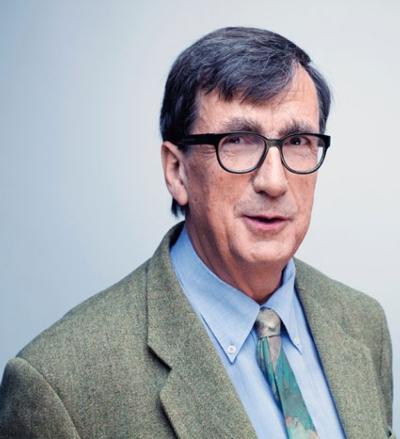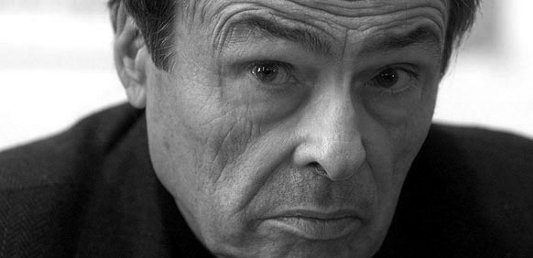… much a part of the globalising, accelerating, glossy-media-saturated world we live in. We are bombarded with images of impossibly flawless faces, bodies, homes, food…
Celebrity aside, my Facebook stream is incessantly flooded by perfectly smiling friends, going on perfectly exotic holidays, picking up keys for perfectly designed apartments, holding perfectly adorable babies and making perfectly crafted comments.
What does this perpetuation of perfection do?
It can be paralysing. Obsessing over details, one can indefinitely postpone possible failure by refining ideas in increasingly meaningless increments. It is better to never have failed, than to look like a try-hard. And with so much perfection shining at us from every possible crevice, it’s impossible not to feel comparatively try-hardish.
In an age where the Facebook profile has become a simulacrum of success, it’s hard to invest ones-self in anything that might not be perfectly successful. When confidence matters as much as competence, being uncommitted, uninvested, paralysed can be a self-perpetuating spiral.
But how can one be confident amongst the plethora of perfection? No-one will ever live up to their online profile, but that doesn’t stop me from feeling any less perfect back in the un-Adobé’d world. Perfect is a moving target: or as Anna Karenina put it “If you look for perfection, you’ll never be content.†Perhaps there is no such thing as perfect. It’s an ideal hanging just over the next horizon.Â
And when one is constantly focussed on the horizons it’s easy to miss the little things happening here and now. Being able to hop, skip and jump, the sunburn on your lover’s neck, bicycles, unexpected tulips, doing handstands on the beach, eating an entire packet of timtams and feeling sick for hours. The imperfections in life are what makes it perfect.
According to Marilyn Monroe anyway, ‘Imperfection is beauty, madness is genius and it’s better to be absolutely ridiculous than absolutely boring.’ Perhaps ridiculously, mad imperfection is where useless inhibitions can be ditched and life can be lived at the horizons. Where we can take wholehearted satisfaction in the accomplishments of others. Because I would rather be brilliant than perfect.
Or from the lips of Queen B:
Perfection is so… from Tullia on Vimeo.
















